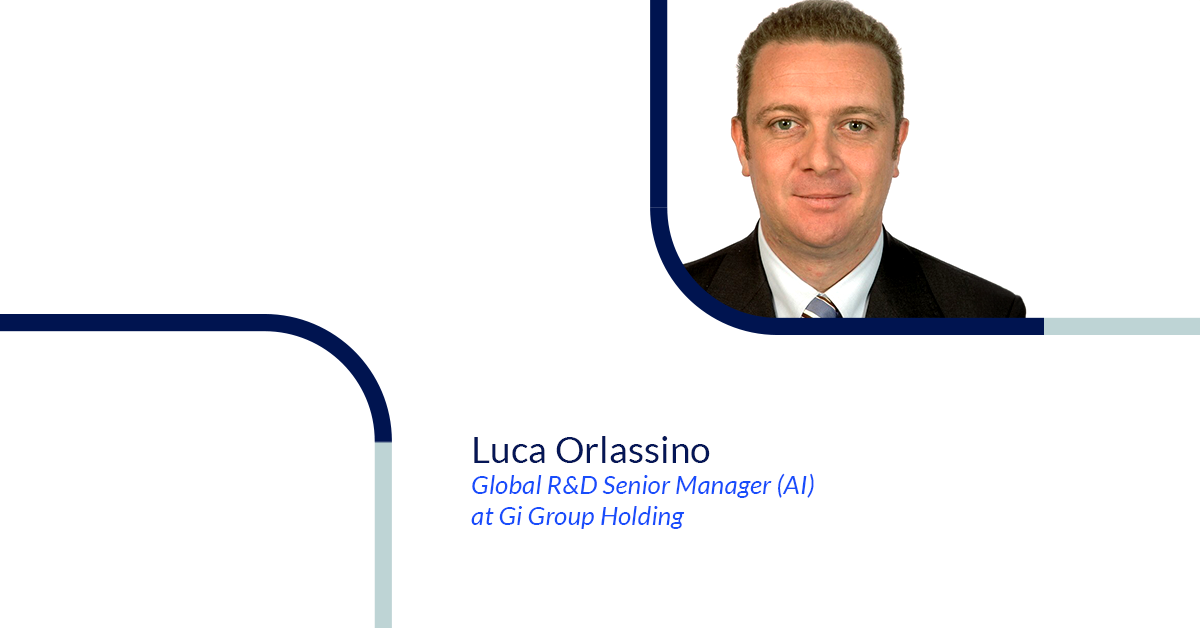How to make the difference with Gen Z candidates and be perceived as employer of choice

Because Gen Z candidates are highly dynamic, recruitment processes involving them need to be initiated and concluded very quickly. If not, they easily lose interest and simultaneously explore other professional opportunities. This group is not immune to wage and economic concerns. They generally expect that a salary should be at a certain level to meet the costs of their active social lives. They are very attentive to benefits that facilitate their belonging to social groups; and yes, they have a much better work-life balance than Gen Y when it comes to time spent engaging in work vs. free-time activities,
clarifies Delia Barbu.
I honestly do not remember the last time a candidate did not ask about remote work options. Remote work flexibility is a key consideration for Gen Z candidates and that work set-up option or hybrid work models can make roles offered more attractive. A further important need is continuous learning and development opportunities – candidates appreciate employers who invest in their growth by offering training programmes, mentorships or opportunities to acquire new skills that could be helpful for their future career,
further explains Aiste Gauciene.
On that last point mentioned by Aiste, it is clear that lifelong learning and career training are now standard considerations for younger candidates. As the job market evolves and technology rapidly advances, continuous skills refinement and adaptation are becoming essential. Employers who invest in their teams’ professional development are likely to be more attractive to Gen Z candidates. Promoting a continuous learning culture can serve as a key selling point for an employer: candidates value employers who provide opportunities for their skills development, offer mentorship programmes, and support employees in staying relevant in fast-changing work environments. Plus, on top of this, there is a strong degree of practicality to the Gen Z age cohort’s views on career development and overall fulfilment from their work. “Per Career Builder magazine, Gen Z, compared to other age groups, is most likely to change jobs. The average time they spend with a company is 2.25 years. I would assume this is because their generation has seen the impacts of a more open world and is not afraid of change. They are constantly interested in possibilities afforded by organisations and experiences where they learn from other workers. They frequently cite their desire to boost their professional qualifications as one of the main motivations for changing jobs. Thanks to our global set-up at Gi Group Holding, our employees, for example, have many opportunities to learn and grow and navigate their own career journeys. This makes candidates consider our job offers seriously when deciding to join or even stay with our company,” adds Aiste Gauciene.
Delia Barbu points out and builds on this thought, “Company values are highly important for Gen Z candidates. They are especially useful not only for supporting the construction of an authentic identity for a business and its teams, but also for helping to develop organisational attachment. Today’s candidates, born in the internet era, have constant access to information and they can spot and verify organisational values very quickly. Gen Z workers are attracted to what is new and do not have much patience for discovering and building an organisational environment. Bearing this in mind, it is a growing challenge for employers to find quick solutions for such situations to prevent worker turnover.”Delia Barbu points out and builds on this thought, “Company values are highly important for Gen Z candidates. They are especially useful not only for supporting the construction of an authentic identity for a business and its teams, but also for helping to develop organisational attachment. Today’s candidates, born in the internet era, have constant access to information and they can spot and verify organisational values very quickly. Gen Z workers are attracted to what is new and do not have much patience for discovering and building an organisational environment. Bearing this in mind, it is a growing challenge for employers to find quick solutions for such situations to prevent worker turnover.“
It is clear that engaging with Gen Z candidates, and eventually employees, is still a novelty for many actors in the recruitment business and in company HR departments. This age cohort is not always receptive to traditional jobs involving big amounts of manual work. They are the work from anywhere generation and they thrive in roles where things happen and evolve rapidly. This will require that more time be invested into recruitment, onboarding and career development programmes that respond to this age cohort’s fluid goals and expectations.





